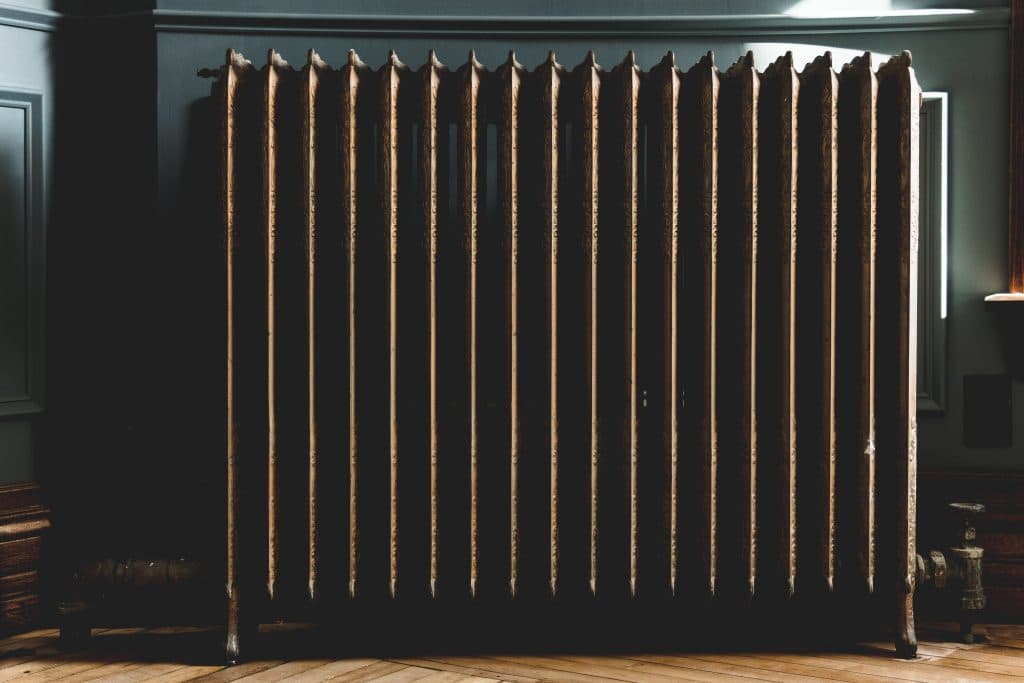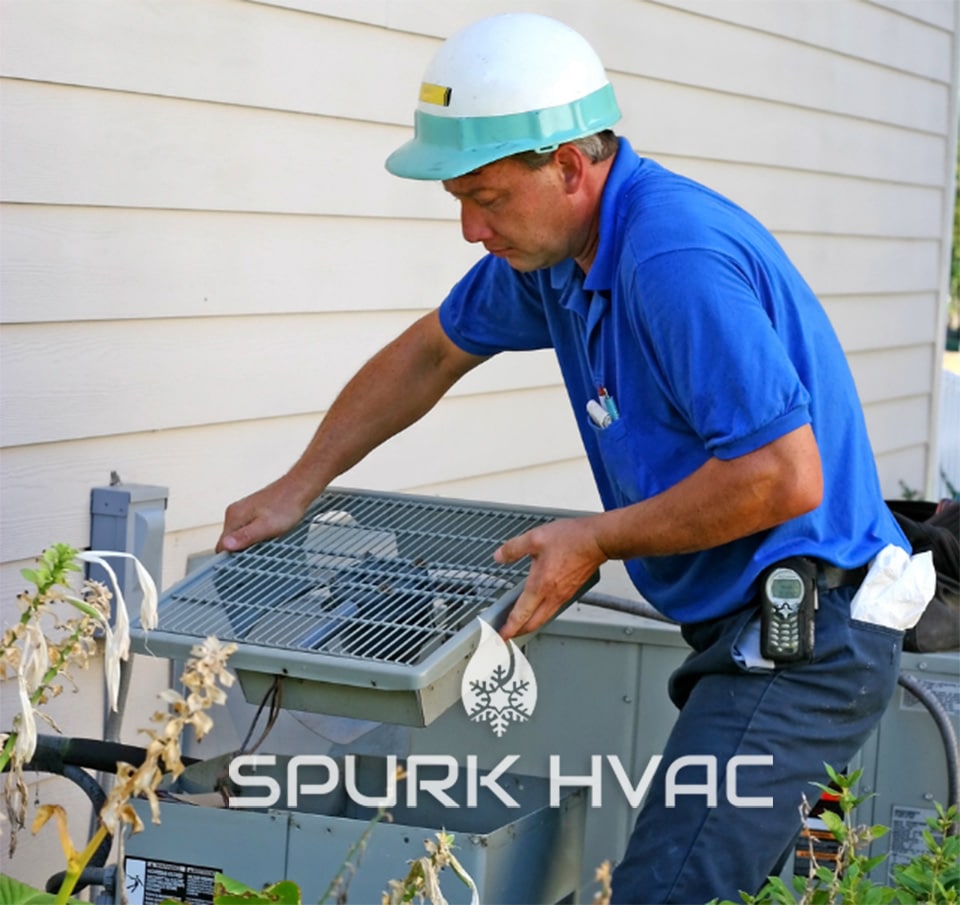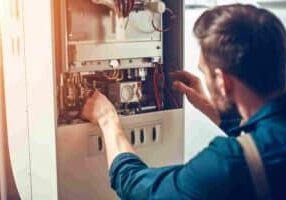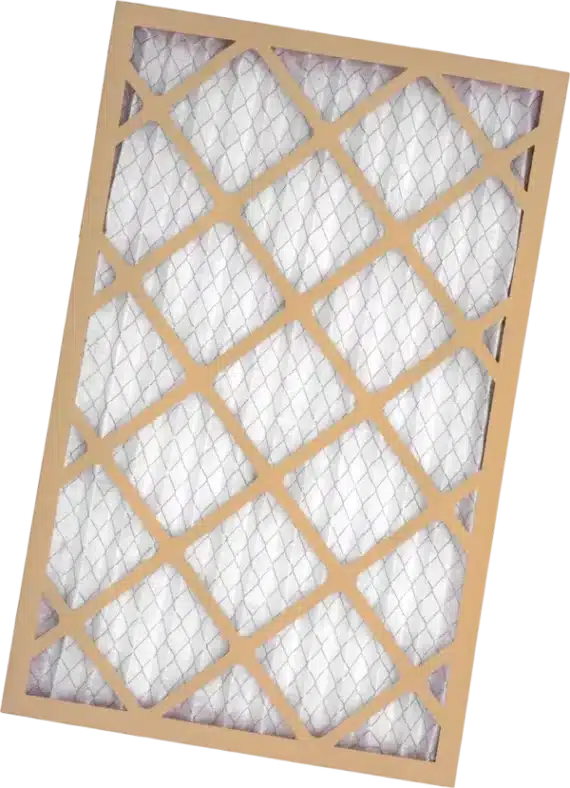
Homes with radiant heating rely upon heated water to keep the home comfortable when temperatures drop. Learn about the components of a boiler system that need regular monitoring and at what times to keep your boiler system working when most needed.
Boiler Maintenance
Unlike a furnace, there are daily checks that are required to Refer to the owner’s manual for the proper levels, readings, and settings to have an idea of what a properly operating system should do.
Visual Review
Check around the boiler for leaking water and any materials that may be obstructing or too close to the boiler. This is primarily a safety precaution to ensure that ventilation parts like the flue are not blocked, which can lead to undetected releases of carbon monoxide – a dangerous and odorless gas – or even a fire or explosion. The external vent termination is also important to check for blockage or obstruction by debris, snow, or ice. Although it is likely not connected to the boiler itself, verifying that your carbon monoxide detector has working batteries and is detecting emissions properly is an important additional step to take each time you are checking on boiler functions.
Check the Pressure and Temperature Levels
Another key component to boiler maintenance is monitoring the pressure and temperature readings on the boiler to make sure they are operating within their proper ranges. A common range is between 12-15 PSI but refer to the manual for your boiler to know exactly where your pressure readings should fall. Verify that the pressure valve is in the proper position and tightly closed. Water collecting near the boiler could be coming from the pressure valve so check for signs of leakage or a loose connection in this area that can also cause lower than optimal pressure levels.
Bleed Your Radiators
Air buildup in your radiators can impact the pressure within your boiler, so yearly bleeding to release air is an important process. One sign that you may have air in your radiator is the presence of cold spots on the radiator itself when the heat is on. A hissing sound should be heard when successful bleeding occurs. The absence of a hiss or dripping water indicates that only water remains in the radiator, as should be the case.
Check the Water Softener
A primary component of your boiler is the water that gets heated, but when you are using “hard water”—water that contains a high mineral content—the general operations of your boiler can be impeded. Some boilers will include water softening systems to clean water and make it “soft”, having a brine tank where salt is served helps to accomplish this. Check the salt levels within the tank and break up any large pieces when necessary. Signs your water may be too hard for your system are higher heating costs and a noisier-than-usual boiler, which indicates mineral build-up or scaling in the tank and pipes.
When To Call The Professionals
If any of the maintenance steps outlined above reveal issues or errors, the next step is to contact an HVAC professional to review your boiler and begin making necessary repairs. A few areas are immediate causes for concern that you should seek professional help to resolve:
Radiator Temperature Differences
If the radiators or radiant floor piping in one part of the house isn’t working as well as in others, you likely have an imbalance causing the uneven distribution of heated water. An HVAC professional is best qualified to address this issue as it involves adjusting your radiators and potentially even parts of the piping to ensure water is being properly circulated throughout the house.
Leaks That Won’t Stop
If you find your boiler or a radiator continuing to leak even after tightening valves, it’s time to call a professional to address the piping or corrosion issues that are likely the root cause.
It’s always best practice to schedule a yearly appointment to have an HVAC professional come to review your boiler system and look for any issues that may be a problem down the line or compromise your winter heating efforts.








